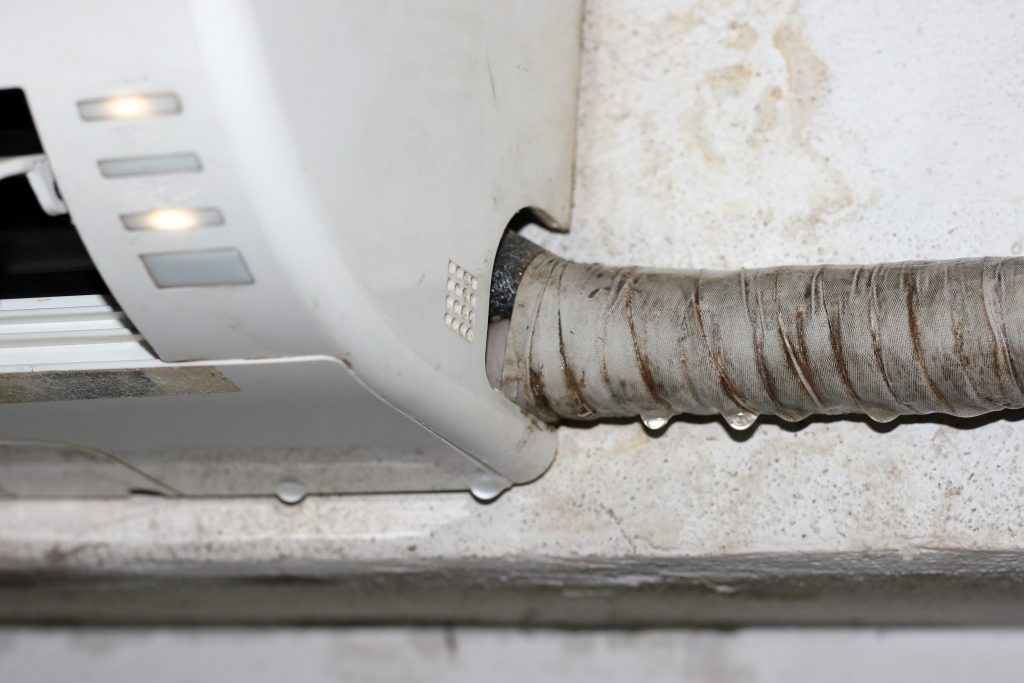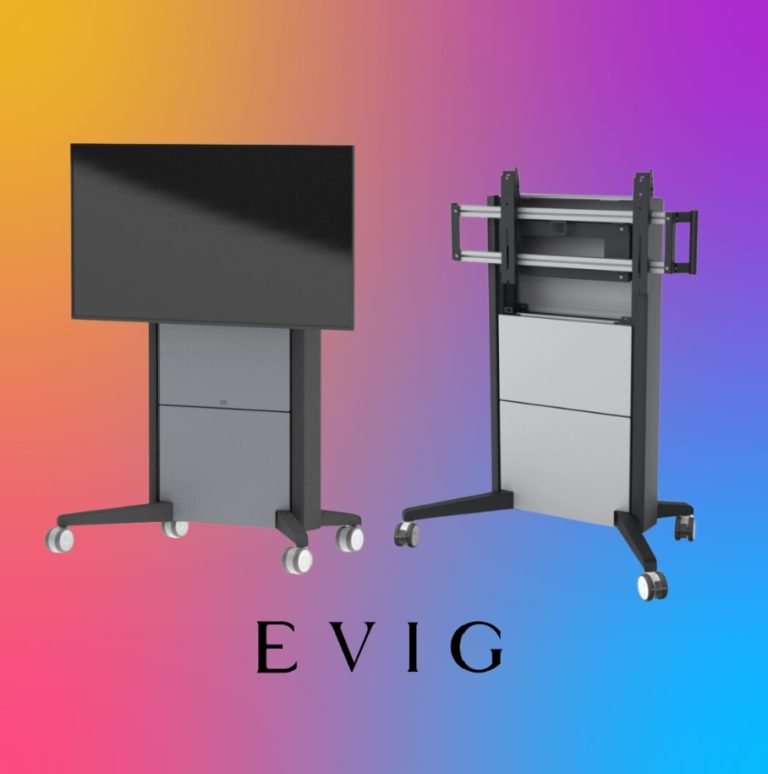All About Water Leakage From Your HVAC
Water leakage from your HVAC system is a common issue for every air conditioner user. Water buildup inside of your property is a very bad sign especially when you have guests. This leakage issue is more prominent during the summer season. If you notice any leakage from your HVAC unit then immediately take action to repair it.
Many reasons contribute to HVAC water leakage. The most common reasons are clogging of air filters and low levels of refrigerant. Issues with the condensate pipes, boiler drain, and poor ductwork can cause leakage. If someone’s HVAC unit frequently shows leakage issues then their HVAC installers have not done their work properly. HVAC takeoff servicescan save you from these inconveniences and also save money that will be spent on repairs. Hence all the materials for HVAC installation are measured and justified by experts and there will be no chance of any future complications of leakage.
Why do Leakages occur & How to Fix them?
If you observe any excessive condensation or any water accumulation in the surroundings of your HVAC unit then it might be leaking and the first thing that comes up in your mind is; “What is the reason behind the leakage?” Most of the time, the condensation pump is the reason for poor ductwork installation, or leakage in the boiler drain is the significant reason. Leakage issues in HVAC units can be fixed through various methods.
The main reasons for HVAC water leakage are:
- The Evaporator Coil is frozen
- The condensation pipe is clogged
- Broken Condensation Pump
- Low Refrigerant
- Leakage in HVAC Drain Pan
- Clogging in Air filter
- Poor Electricity Supply
Frozen Evaporator Coil
There are many potential reasons behind the freezing of the evaporator coil. Such as dirty and clogged air filters and low levels of refrigerant. Evaporator coil leakage can cause leakage in other different places.
Poor Electricity Supply
An HVAC system is a heavy electric device. It needs electricity in complete voltages. Typically its range is 3000W to 4000W. If there are ups and downs in the voltages, then this may lead to potential issues, such as the proper condensation is not possible in low voltages. In case of more than required voltages, the condenser may have an inter-turn short circuit which may lead to start leakage. Some reliable electrical takeoff servicesare recommended at the time of installing your HVAC system. Industry experts can better analyze the whole project’s needs and requirements according to your budget.
Clogged Air Filter
The air filter is a main part of the HVAC unit. Clogging in the air filter can cause overloading on the system. Air filter clogging can cause the evaporator coil to get more colder than it should be. But the good thing is, this is an easy method to check the air filter condition. You just have to remove the air filter and check if there is enough debris and dirt then replace it.
Low Refrigerant Levels
Another major issue in the water leakage from the HVAC unit is dropped refrigerant levels. TO monitor refrigerant status, always check for leakages in the refrigerant lines. Refrigerant level monitoring is so simple, if you notice that your HVAC is not cooling your house as it does normally then there must be low refrigerant level issues with your HVAC unit.
Conclusion
It is important to check your HVAC system’s performance regular basis. If you notice any troubles with your HVAC unit, then fix them as soon as possible because delays in fixing issues can lead to your HVAC system becoming completely useless. We recommend you acquire electrical estimating servicesat the time of installing HVAC units in your house, office, or any other industrial purpose. The reason is, that HVAC systems are costly and cannot be replaced frequently, so proper estimation of HVAC projects can protect you from future problems that are discussed above. Secondly, you can save your costs by seeking expert consultation.
Stay ahead of the curve with the latest trends and fashion news on Fashiontimes.ltd.




